Certified AI in Government Specialist
Length: 2 days

The Certified AI in Government Specialist Certification Course by Tonex is designed to provide professionals with a comprehensive understanding of the application of Artificial Intelligence (AI) in the public sector.
This course covers essential AI concepts and their practical applications in government, aiming to enhance public services, improve policy-making, and ensure ethical standards.
Participants will gain insights into how AI technologies can be leveraged to address various challenges faced by government agencies and improve overall efficiency and effectiveness.
Learning Objectives:
- Understand the fundamentals of AI and its relevance to government operations.
- Explore the use of AI for enhancing public safety and security.
- Learn to apply predictive analytics for informed policy-making.
- Discover innovative AI applications in citizen services and engagement.
- Analyze the role of AI in infrastructure and urban planning.
- Examine ethical considerations and responsible AI practices in the public sector.
Audience: This course is intended for government officials, policymakers, public administrators, IT professionals, data scientists, and anyone involved in the integration of AI technologies in government operations. It is also suitable for individuals seeking to understand the impact of AI on public services and governance.
Program Modules:
- AI for Public Safety and Security
- Introduction to AI in Public Safety
- AI-Driven Surveillance Systems
- Predictive Policing Techniques
- Emergency Response and Disaster Management
- Cybersecurity and AI
- Case Studies and Best Practices
- Predictive Analytics for Policy Making
- Fundamentals of Predictive Analytics
- Data Collection and Management
- Modeling and Simulation Techniques
- Applications in Economic and Social Policy
- Risk Assessment and Management
- Case Studies and Practical Applications
- AI in Citizen Services and Engagement
- Enhancing Public Service Delivery with AI
- AI Chatbots and Virtual Assistants
- Personalized Citizen Services
- AI in Healthcare and Social Services
- Public Participation and AI
- Case Studies and Success Stories
- AI for Infrastructure and Urban Planning
- Smart Cities and AI
- AI in Transportation Planning
- Infrastructure Maintenance and Management
- Energy Management with AI
- Environmental Monitoring and AI
- Case Studies and Implementation Strategies
- Ethical and Responsible AI in Government
- Principles of Ethical AI
- Bias and Fairness in AI
- Privacy and Data Protection
- AI Governance and Regulation
- Accountability and Transparency
- Case Studies and Ethical Dilemmas
By completing this certification course, participants will be equipped with the knowledge and skills needed to effectively implement and manage AI initiatives within government settings, ensuring they are prepared to lead in the age of digital governance.
Exam and Certification Details
Exam Domains:
- Industry-Specific AI Applications: Understanding the unique applications and benefits of AI in the respective industry.
- AI Tools and Techniques: Knowledge of AI tools, techniques, and technologies used in the industry.
- Implementation Strategies: Skills in implementing AI solutions within industry-specific contexts.
- Regulatory and Ethical Considerations: Understanding the regulatory and ethical implications of AI in the industry.
- Case Studies and Best Practices: Analyzing real-world examples and best practices of AI implementation.
Question Types:
- Multiple Choice Questions (MCQs): Questions with four or more answer choices, where only one is correct.
- Multiple Select Questions: Questions with multiple correct answers out of a list of options.
- True/False Questions: Questions that require the candidate to determine if a statement is true or false.
- Scenario-Based Questions: Questions that present a hypothetical scenario and ask the candidate to apply their knowledge to solve a problem or make a decision.
- Drag-and-Drop Questions: Interactive questions where candidates drag and drop items to match, sort, or rank them correctly.
- Simulation Questions: Questions that require candidates to perform tasks or troubleshoot problems in a simulated environment.
Passing Criteria:
- Minimum Passing Score: Candidates must score at least 70% on the exam to pass.
- Sectional Cutoff: Candidates must achieve a minimum score of 60% in each exam domain to ensure a balanced understanding of all key areas.
- Time Limit: The exam must be completed within 3 hours. Candidates are encouraged to manage their time effectively across all sections.
